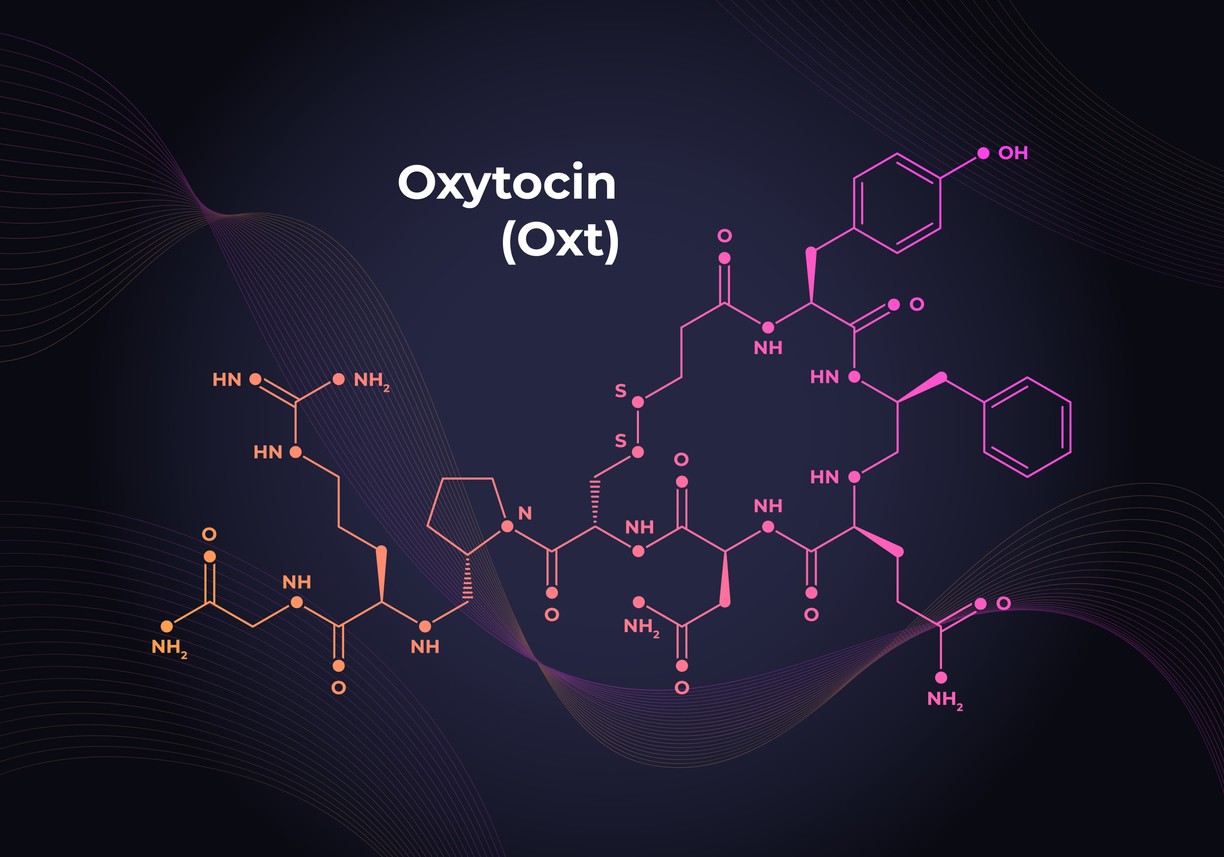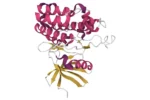Researchers posit that this protein hormone may have two natural roles: it may be a neuropeptide secreted by the brain to function in bonding, sexual reproduction, and delivery. Oxytocin appears to be a blood-borne hormone that may also be generated by the placenta of mammalian females to contribute to neonatal bonding. In males, Oxytocin peptide appears to be generated in the testes and may be involved in match behavior and pair bonding.
Research
Oxytocin Peptide and Tissue Repair
By potentially acting on inflammatory cytokines, the peptide may impact the severity of inflammation. Scientific research examining lesions and tissue damage on interacting animal models indicated that social contact may have boosted the amount of Oxytocin peptide naturally produced, which appeared to have encouraged the pace of wound healing. A unique study was also conducted to evaluate how antagonism in social interactions may potentially impact wound healing. Research models that were conditionally antagonized against each other exhibited a wound recovery rate of roughly 40%. These models also exhibited reduced amounts of IL-6, tumor necrosis factor-alpha, and IL-1 beta at the site of damage.
The Cardiovascular System
Due to Oxytocin’s potential to accelerate wound healing and affect inflammatory cytokines, researchers believe it may possibly exhibit protective actions upon the heart and vascular system. Scientific data suggests that Oxytocin receptor inhibition may cause atherosclerosis in some situations. In rare circumstances, increasing Oxytocin levels in cases of low receptor density might help preserve cardiovascular integrity and reverse atherosclerosis.
According to scientific studies, infusing the compound directly into the heart during ischemia may protect cardiomyocytes from damage or death. According to Jankoski et al., increasing the dose of Oxytocin peptide may help prevent the late-term prevalence of dilated cardiomyopathy. It may help precondition cardiac stem cells to aid in “tissue rejuvenation via differentiation, secretion of cardiomyogenic and protective factors, and aid their fusion with injured cardiomyocytes.”
The peptide in animal studies has been suggested to contribute to diabetes-induced cardiac damage prevention. The peptide appears to inhibit the accumulation and storage of fat cells by up to 19% compared to controls, and fasting glucose levels by approximately 23%. These appear to be the outcome of decreased insulin resistance. The mice models under consideration exhibited less systolic and diastolic dysfunction than controls, resulting in less cardiomyocyte hypertrophy, apoptosis, and fibrosis.
The peptide may also protect other bodily tissues against ischemia. Oxytocin peptide exposure appears to protect against ischemia-reperfusion damage in rat models of priapism via the lowering nitric oxide levels.
Oxytocin Peptide and Cognitive Processing
Through scientific investigations, Oxytocin peptide has been suggested to enhance hormone levels related to neuron growth in the prefrontal cortex in maternally deprived mice. Although no overall behavioral changes were observed, the group’s cognitive performance appeared to be increased following Oxytocin exposure. Other studies in mice found that Oxytocin peptide appeared to promote learning in a non-statistically significant way under stressful situations.
Oxytocin Peptide and Muscles
Researchers suggest the compound may be a potential auxiliary in muscle cell maintenance and regeneration. It appears to induce a decrease in insulin levels, possibly due muscle atrophy (sarcopenia). According to a Berkeley study, a decline in Oxytocin levels may lead to decreased Oxytocin receptors on muscle stem cells. Upon exposure, the peptide may induce a quick reversal of the muscle-withering action. This may be vital as the muscle requires breakdown and repair for natural maintenance and growth.
Oxytocin Peptide and Stress
Epigenetic alterations in Oxytocin peptide were detected in a study of research models undergoing social dysfunction, suggesting that social anxiety may be correlated to degraded Oxytocin signaling. According to research studies in Borderline Personality Disorder (BPD), findings have lately been linked to Oxytocin peptide dysregulation. Research is preclinical, and still in progress.
Disclaimer: The products mentioned are not intended for human or animal consumption. Research chemicals are intended solely for laboratory experimentation and/or in-vitro testing. Bodily introduction of any sort is strictly prohibited by law. All purchases are limited to licensed researchers and/or qualified professionals. All information shared in this article is for educational purposes only.






